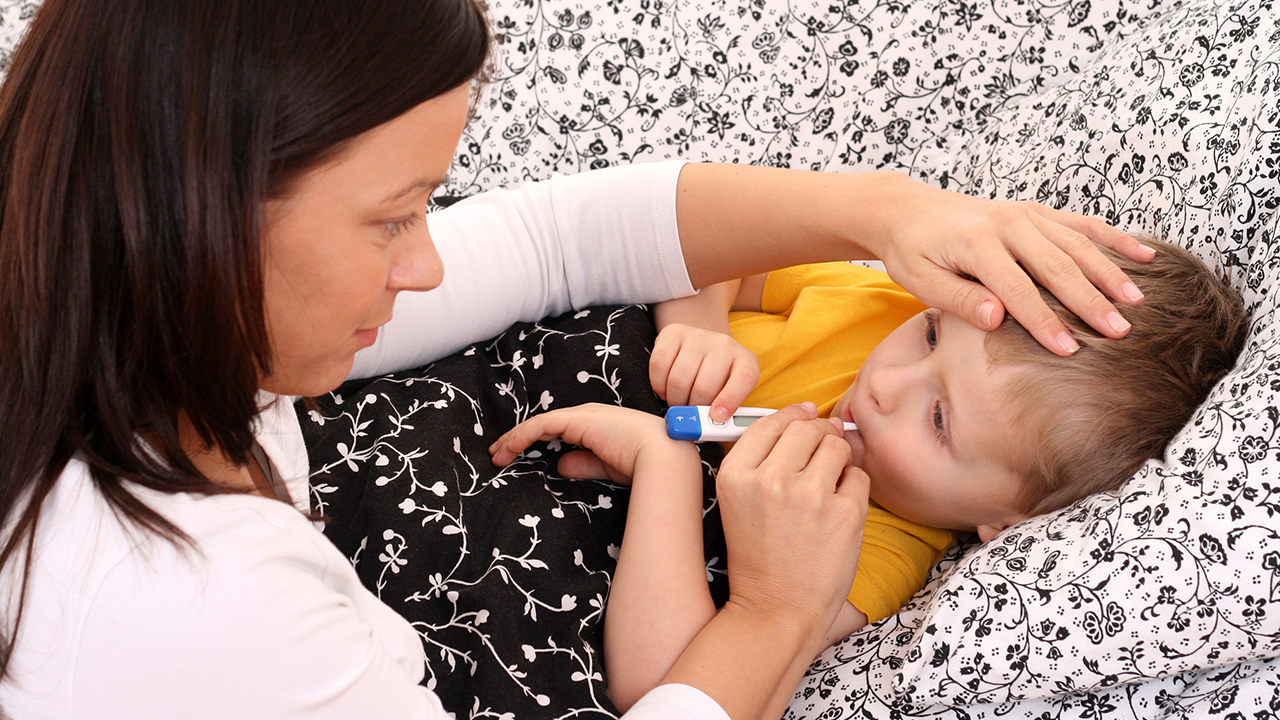Emerging Threats: Understanding Diseases Impacting Toddlers

SummaryToddlers aged 2 to 4 are particularly vulnerable to respiratory infections, gastrointestinal illnesses, and conditions like ear infections due to their developing immune systems and frequent contact in communal settings. Vaccination is critical in preventing diseases such as chickenpox, measles, whooping cough, and meningitis. By adhering to recommended vaccination schedules, caregivers can significantly reduce the risk of these illnesses, ensuring a healthier start for their children during these critical early years.
End of Article
